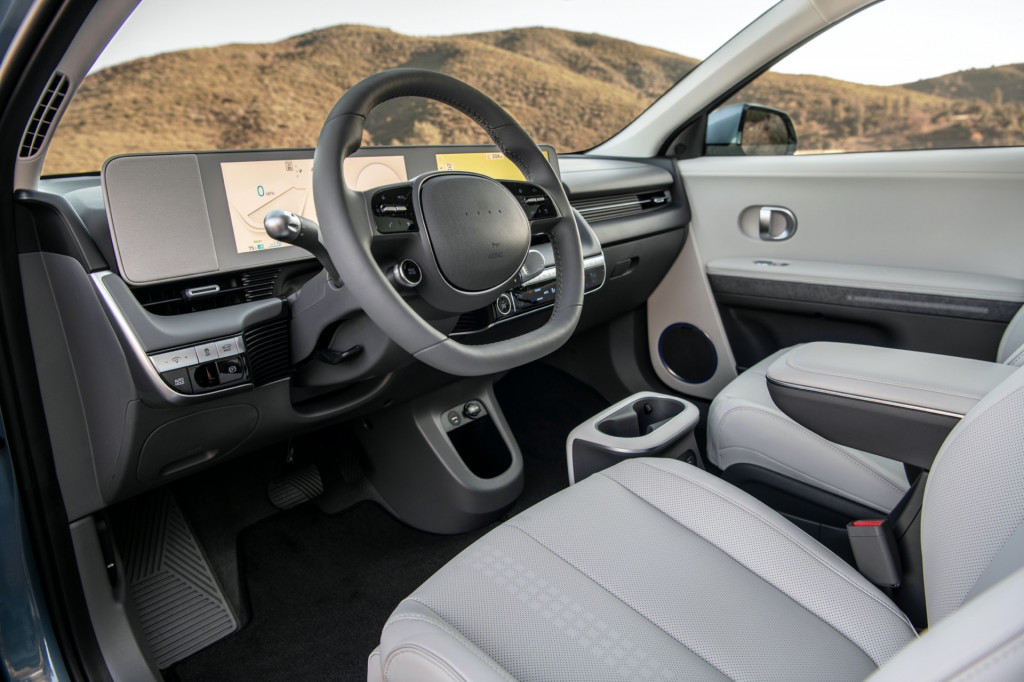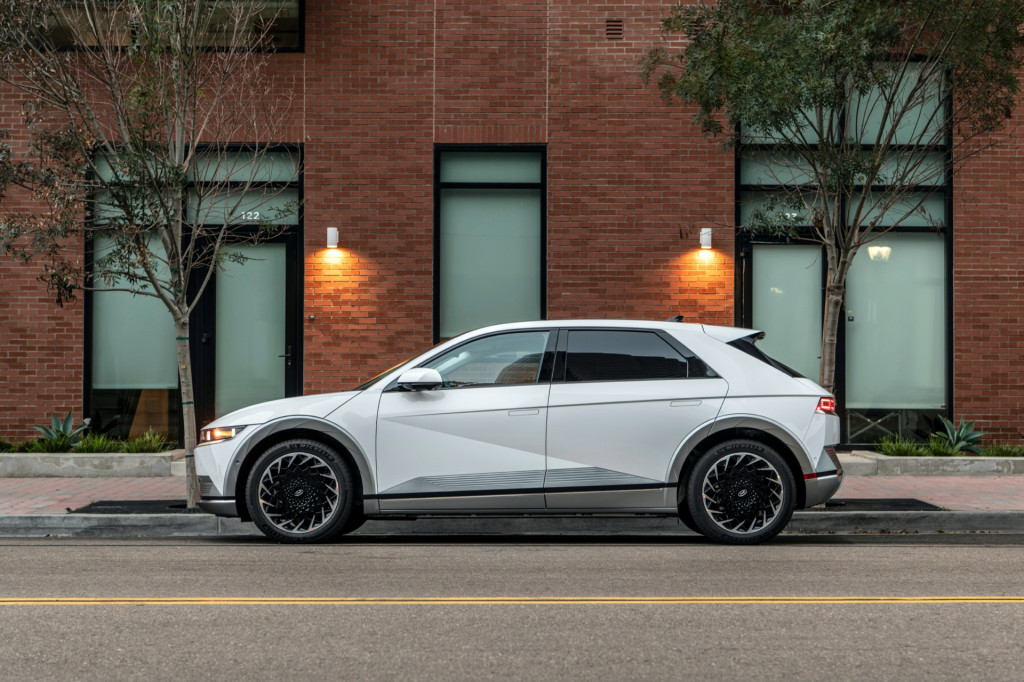The National Highway Traffic Safety Administration (NHTSA) has opened a probe into sudden power-loss complaints in 2022 Hyundai Ioniq 5 electric cars.
In a notice of the probe, the agency said it had received 30 consumer complaints alleging loss of power in 2022 Ioniq 5 EVs, representing the first model year of production. Many consumers reported a loud pop noise, followed by a dashboard warning light, preceding the loss of power, which could range from a reduction in power to a complete loss.

2022 Hyundai Ioniq 5
The NHTSA’s Office of Defects Investigation (ODI), which conducts safety probes, was told by Hyundai that the issues is related to the Integrated Control Charing Unit (ICCU), which regulates the flow of power from both the main battery pack and the 12-volt battery. Over-current within the ICCU may damage transistors in the DC-to-DC converter, resulting in the inability to charge the 12-volt battery, preliminary findings indicate.
A safety probe is not the same as a recall. The ODI will continue investigating to determine the scope and severity of the problem, including how many vehicles are potentially affected, after which a determination of whether to issue a recall will be made.

2022 Hyundai Ioniq 5
The Ioniq 5 is already included in one other such probe—along with nearly every other EV and hybrid manufactured before March 1, 2021. This is in response to a petition that seeks to add pedestrian-warning sounds to older vehicles. These sounds, which aim to compensate for the lack of engine noise when driving on electric power, have been mandatory on new cars for the past two years. Investigating such a petition is highly unusual, but could lead to older vehicles being retrofitted with noise-making devices.
Hyundai has already issued one recall for 2022 Ioniq 5 models. Along with the Kia EV6 with which it shares Hyundai’s E-GMP platform, the Ioniq 5 was recalled last year to address a software issue that triggered roll-away concerns. The recall encompassed 19,743 cars from both Hyundai and Kia.

